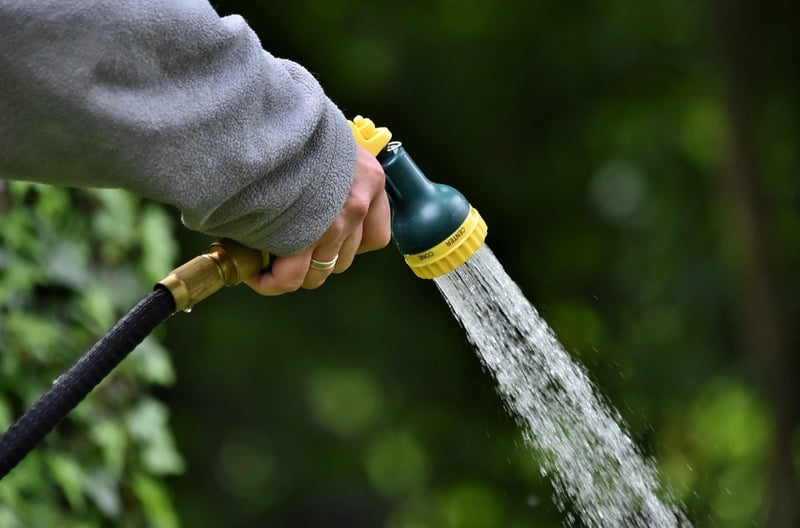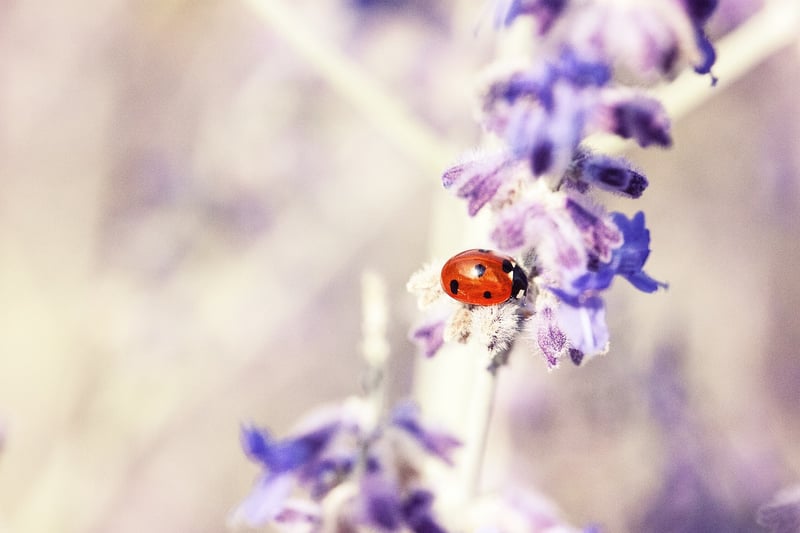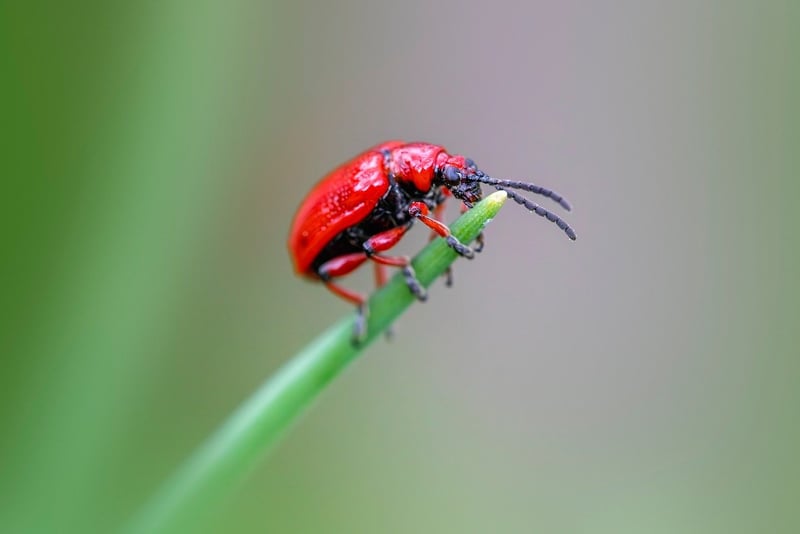Natural Pest Control
Environmentally Friendly Gardening and Natural Pest Control
Welcome to the world of environmentally friendly gardening! In today's busy world, more and more people are turning to sustainable and eco-friendly practices, and gardening is no exception. By adopting environmentally friendly gardening techniques and natural pest control methods, you can create a beautiful garden while also protecting the environment.
Benefits of Environmentally Friendly Gardening
There are several benefits to practicing environmentally friendly gardening:
- Reduces chemical use: By avoiding synthetic pesticides and fertilizers, you can protect beneficial insects, birds, and other wildlife in your garden.
- Promotes biodiversity: Creating a natural habitat in your garden encourages a diverse range of plants and animals to thrive.
- Improves soil health: Using organic matter and compost enriches the soil and promotes better plant growth.
- Reduces water usage: Implementing water-saving techniques such as mulching and drip irrigation helps conserve water.
Natural Pest Control Methods
Instead of reaching for chemical pesticides, consider these natural pest control methods:
- Companion planting: By interplanting certain crops, you can naturally repel pests. For example, planting marigolds alongside tomatoes can deter nematodes.
- Beneficial insects: Encourage the presence of ladybugs, lacewings, and other beneficial insects that prey on garden pests.
- Neem oil: Neem oil is an organic pesticide that can control a variety of pests while being safe for beneficial insects.
- Homemade sprays: Mixtures of garlic, pepper, and soap can be effective in controlling pests like aphids and caterpillars.
Embracing Sustainable Gardening
As you embark on your environmentally friendly gardening journey, remember to:
- Use organic fertilizers and compost to nourish your plants.
- Practice water conservation by collecting rainwater and using efficient watering techniques.
- Avoid synthetic chemicals and opt for natural solutions whenever possible.
- Support pollinators by planting native flowers and avoiding pesticides that harm bees and butterflies.
With a little effort and dedication, you can create a thriving garden that is not only beautiful but also beneficial to the environment. Happy gardening!


